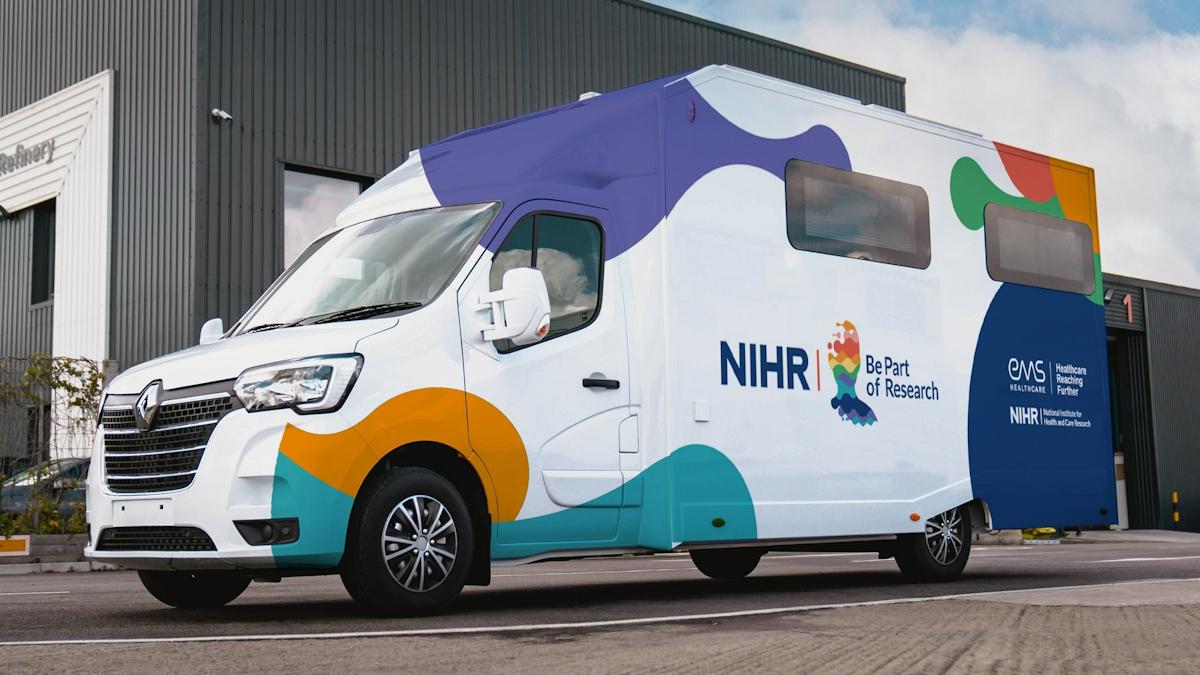Pharnext hit again as rare disease drug flunks phase 3 test

French biotech Pharnext has seen the value of its shares collapse after it revealed that its lead drug, a treatment for Charcot-Marie-Tooth (CMT) disease, failed to make the grade in a phase 3 trial.
The company has insisted, however, that it may still be able to make a case for the PXT3003 candidate based on the totality of clinical data generated with the drug over the last 10 years, including a phase 2b trial and a phase 3 trial run by Chinese licensing partner Tasly that is due to read out soon.
CMT is a group of inherited conditions characterised by damage to peripheral nerves, and while not generally fatal is debilitating – causing muscle weakness, awkward gait and numbness in the extremities – and also progressive.
Pharnext has been testing PXT3003 (a fixed-dose combination of baclofen, naltrexone and sorbitol) in the pivotal PREMIER trial, which recruited a subgroup of patients with type 1 CMT, the most common form that accounts for around two-thirds of all patients. The study enrolled CMT1A patients, whose disease was caused by a mutation in the PMP22 gene on chromosome 17.
The Paris-based company said that the trial was scuppered by a high placebo response rate, and made more challenging due to the slow progression of CMT1 as well as the subjective nature of some of the clinical assessments used to gauge response to treatment.
In PREMIER, PXT3003 was unable to show an improvement over placebo on the main endpoint, the overall neuropathy limitation scale (ONLS), which measures functional disability. Pharnext said that was because patients on placebo saw an improvement on the scale, rather than the expected slow decline.
“This unexpected improvement…confirms what the medical literature as a whole has been saying for many years, namely that ONLS is undoubtedly a relevant endpoint over the long term, but not over such a short period of time as a clinical study,” according to the company.
While there was no significant difference between the drug and placebo, there was also no deterioration in the condition of patients over the course of the trial, which it said was a “positive sign,” and the study confirmed that PXT3003 was safe and well-tolerated.
“Although the results we are sharing today are not exactly what we had hoped for, they are nonetheless very promising,” said Pharnext manager Hugo Brugière.
“We are now going to make the most of all the data we have accumulated over the last 10 years, including our two phase 3 studies and our six-year extension study, which tend to demonstrate a beneficial effect on patients,” he added.
“I remind that, today, PXT3003 is the only ray of hope for all CMT1A patients, and that no other drug candidate is currently in an advanced stage. It seems to me, therefore, that efficacy results for a risk-free drug could support an application for regulatory approval and market authorisation.”
Shareholders seemed not to share that optimistic viewpoint given the scale of the decline in the stock, which has lost almost all its value since Pharnext decided to abandon the development of its earlier lead candidate – PXT864 (baclofen and acamprosate) for Alzheimer’s disease – earlier this year.
The negative result may also throw its plans to license PXT3003 into disarray. Last month, the company said it received three offers to sign an agreement on the drug, valuing the asset at up to €400 million, but had decided not to sign an exclusive deal until the PREMIER data came through.
If PXT3003 cannot be rescued, there’s little else in the company’s pipeline other than an early-stage trial of PXT864 in amyotrophic lateral sclerosis. Yesterday, the company divided the nominal value of its shares by 10 – from €0.001 to €0.0001 – describing it as a “capital reduction motivated by losses.”












